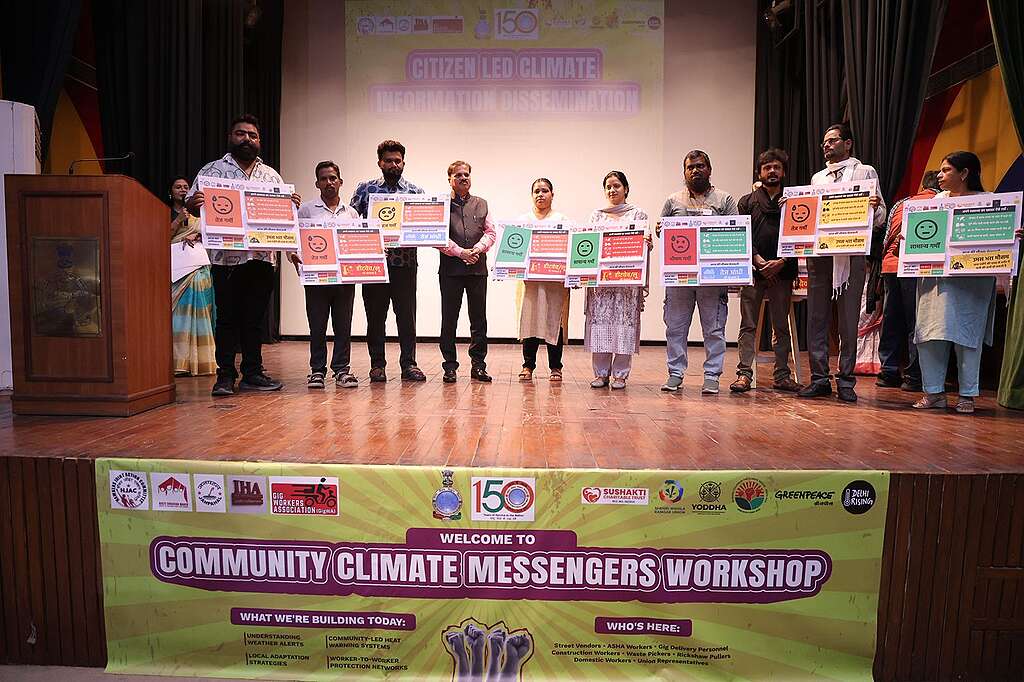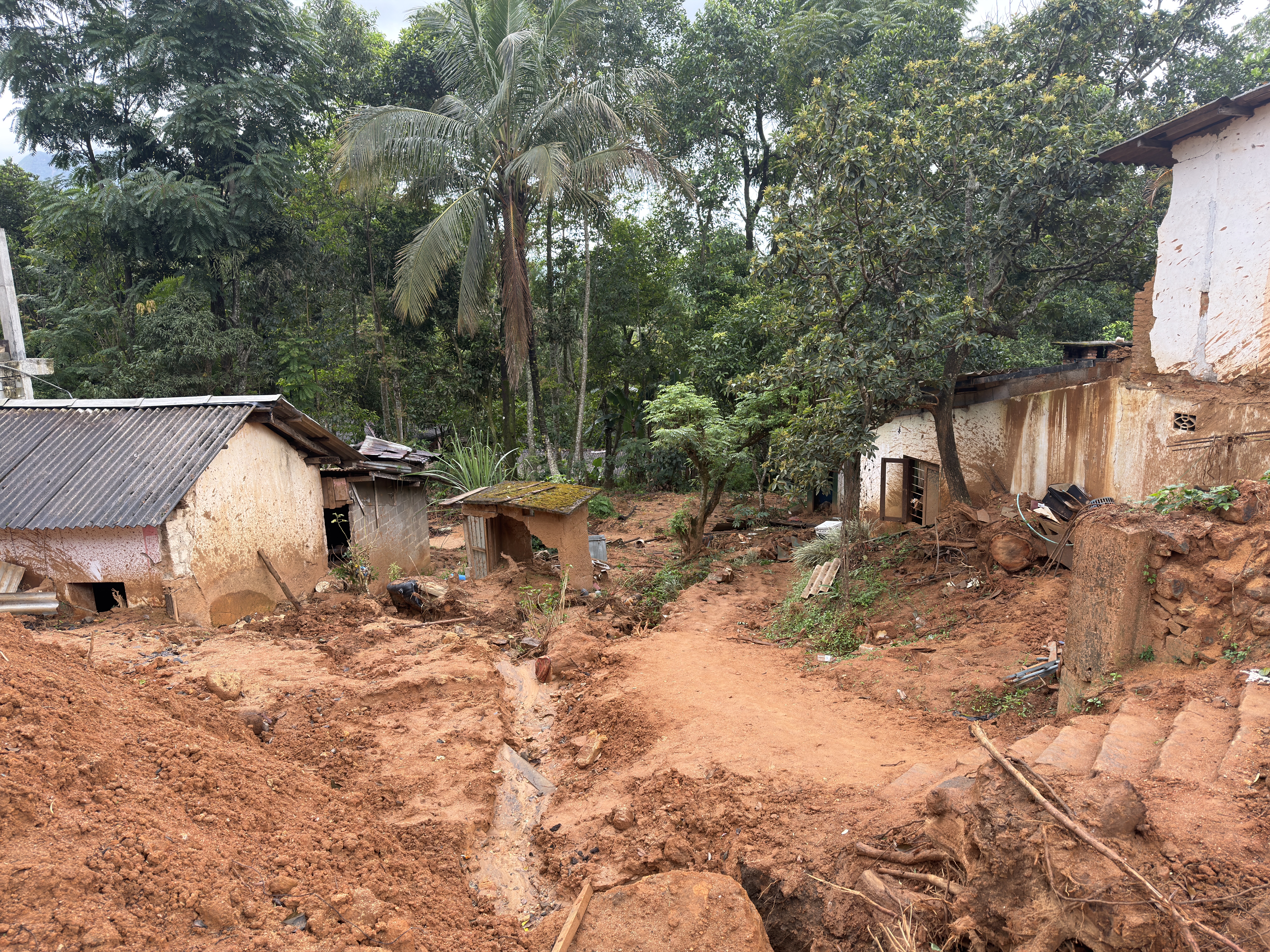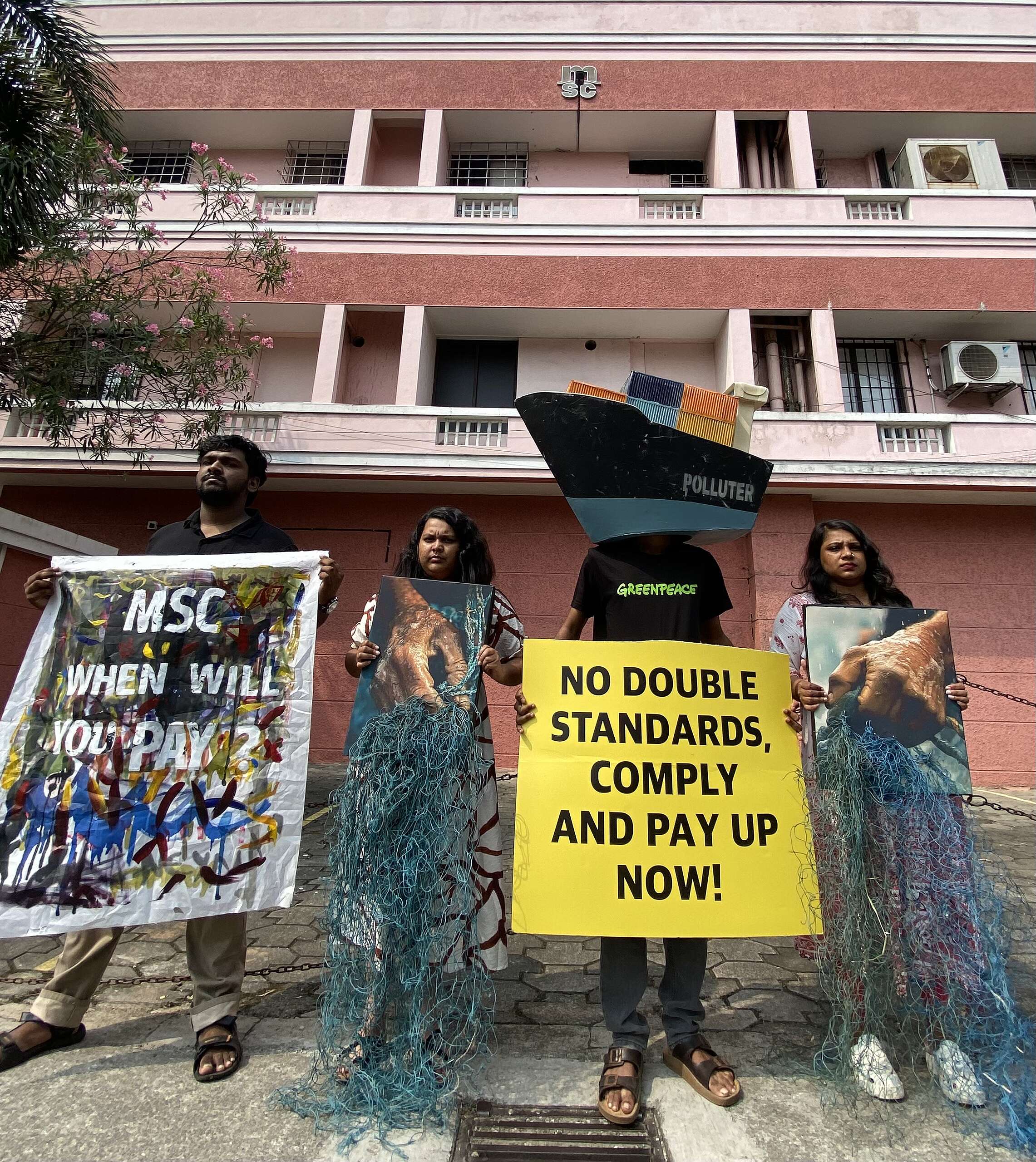In a landmark initiative aimed at making weather forecasting more inclusive and accessible, vendor networks across Delhi and the India Meteorological Department (IMD) and collaborative joined hands to ensure heatwave warnings effectively reach to the community. As a part of this collaboration, IMD’s daily weather forecasts and heat wave alerts are being simplified and translated into easy-tounderstand local languages. These messages are now being shared through community WhatsApp groups and being prominently displayed at vending carts, labour chowks, and waste segregation points through posters and handwritten notices across the city.
Spearheaded by Greenpeace India in collaboration with various informal workers’ associations and the IMD, the initiative places informal worker collectives, who are among the most affected by extreme heat, at the heart of climate resilience efforts. The aim is to develop a grassroots early warning system by leveraging the trust and reach of street vendors, gig workers, and daily wage labourers as frontline communicators of weather alerts.

For the first time, communities at high risk of heatwave impacts are playing a lead role in the dissemination of IMD’s heatwave alerts, ensuring early action where it is needed most. IMD is supporting the effort by co-creating simplified, user-friendly heatwave warnings in Hindi in partnership with community members, ensuring the forecasts are not only understood but are also actionable. This people-centric model empowers communities to adapt the alerts into localised formats, turning everyday workers into climate messengers. It marks a significant step toward realizing the vision of “early warning for all” by making IMD’s advisories more relevant and impactful on the ground.
In this context, a multi-stakeholder workshop was organised jointly by IMD, Greenpeace India and informal worker associations. The workshop brought together street vendors, outdoor and informal workers, to promote a holistic approach to heatwave preparedness. It focused on raising awareness of the health risks posed by extreme weather—especially heatwaves—and explored ways to integrate early warning systems and health advisories into the daily routines of informal workers.
This workshop & collaboration go beyond mere weather information dissemination—it represents a vital step toward building local resilience and empowering communities to act on early warnings. It underscores that extreme heat requires a coordinated and systemic response whereby the peoplepowered actions are not only possible but also essential for effective, efficient and actionable early warning services for all.
“This collaboration is not just about sharing information—it’s about building local resilience and enabling communities to act on that information. It is a call to recognise extreme heat as a national disaster demanding urgent, systemic response. With rising deaths and hospitalisations, we need community-led early warning systems to prevent and prepare for adverse impacts and also robust public infrastructure, health services to respond effectively to the crisis. The Delhi Rising campaign shows that people-powered action is not only possible, but it’s perhaps the most essential,” said Amruta Greenpeace India representative.



